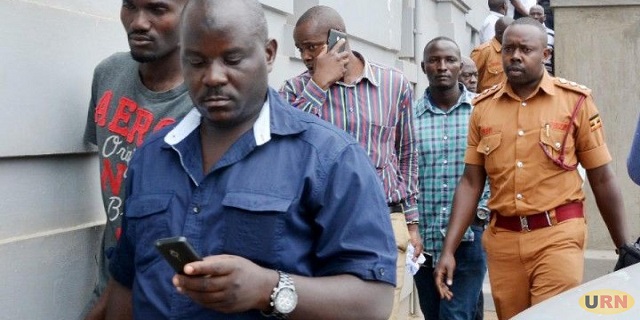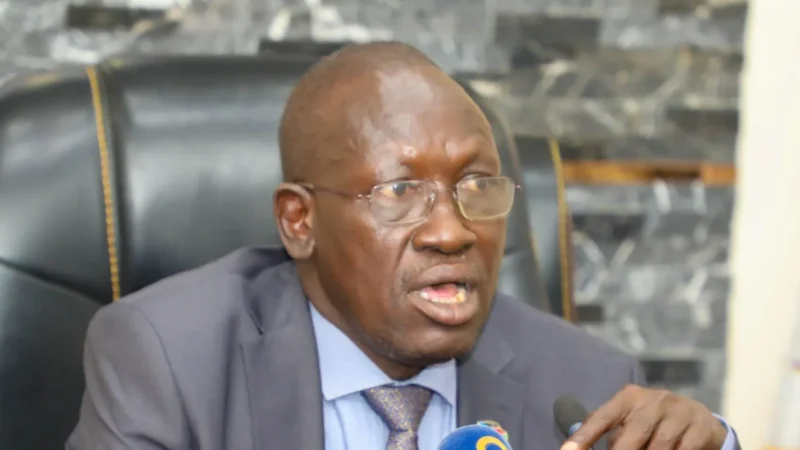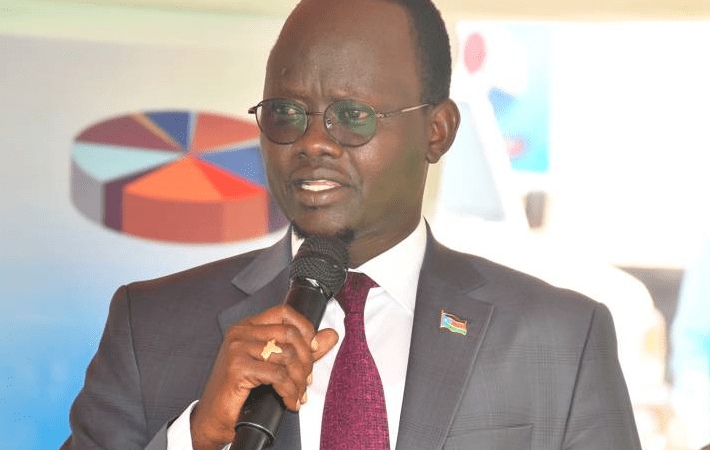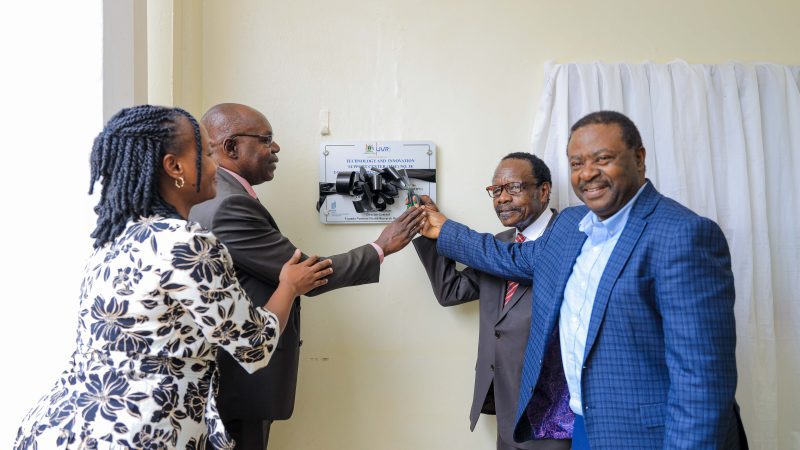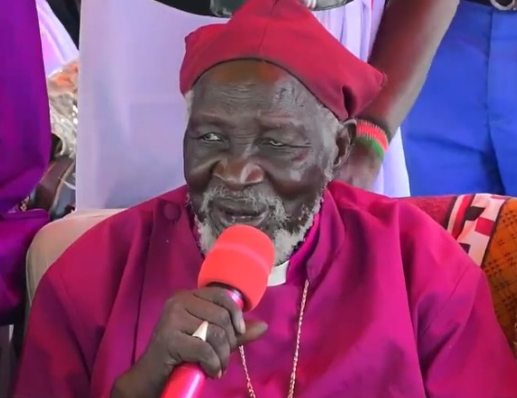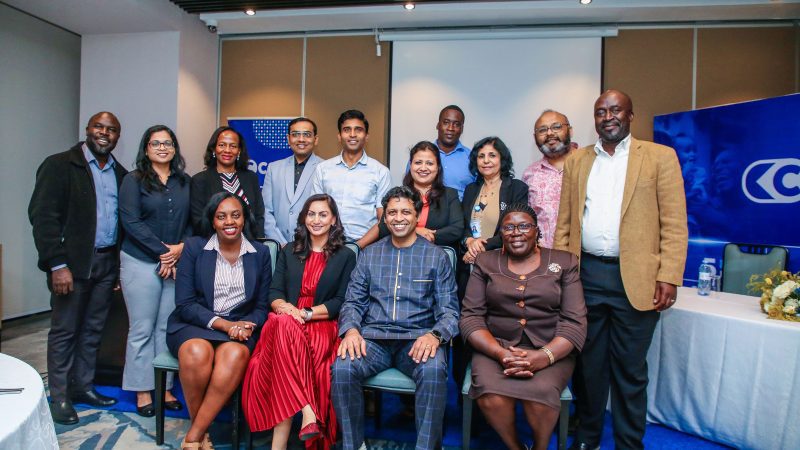Justice Simon Byabakama, the Chairperson of the Electoral Commission, has condemned widespread election malpractices and the commercialization of politics, citing them as serious threats to Uganda’s democracy.
Speaking at a gathering of Senior Investigators and Prosecutors at the CID Headquarters in Kibuli, alongside the Director of Public Prosecutions Jane Frances Abodo and Major Tom Magambo, Director of CID, Byabakama emphasized the need for stronger enforcement of laws to address offenses such as voter bribery and violence in elections.
He revealed that many parliamentary candidates spend upwards of sh500 million, much of which is used to bribe voters — an illegal activity that often goes unpunished. Byabakama called for the enforcement of over 50 electoral-related laws, urging police and prosecutors to take decisive and firm action against election offenders.
He noted that government programs like the Parish Development Model (PDM) depend on a peaceful and stable environment, which is at risk when election-related violence and bribery take place. More than 70% of Ugandans rely on agriculture and business, not politics, and unrest could severely harm their livelihoods.
Byabakama also warned public servants against misusing their offices for political gain and condemned the use of youths to spread hate speech and cause disorder, particularly through social media. He recounted a personal experience involving the former Director of Operations, Asuman Mugenyi, who warned him about youths being manipulated with alcohol to cause chaos in Toroma County.
Looking ahead to the 2026 elections, Byabakama announced plans to update the voter register in January and emphasized the constitutional right to vote. He reiterated the importance of peace and stability in the country, urging Ugandans to maintain order themselves, rather than relying on outsiders to “clean” the nation.
The meeting, attended by President Yoweri Kaguta Museveni, was part of a two-day event themed “The Contribution of ODPP/CID in the Socio-Economic Transformation of Uganda.” Its objectives were to equip investigators and prosecutors with the skills needed for the investigation and prosecution of complex criminal cases, including electoral and corruption-related offenses, ahead of the 2026 elections.


